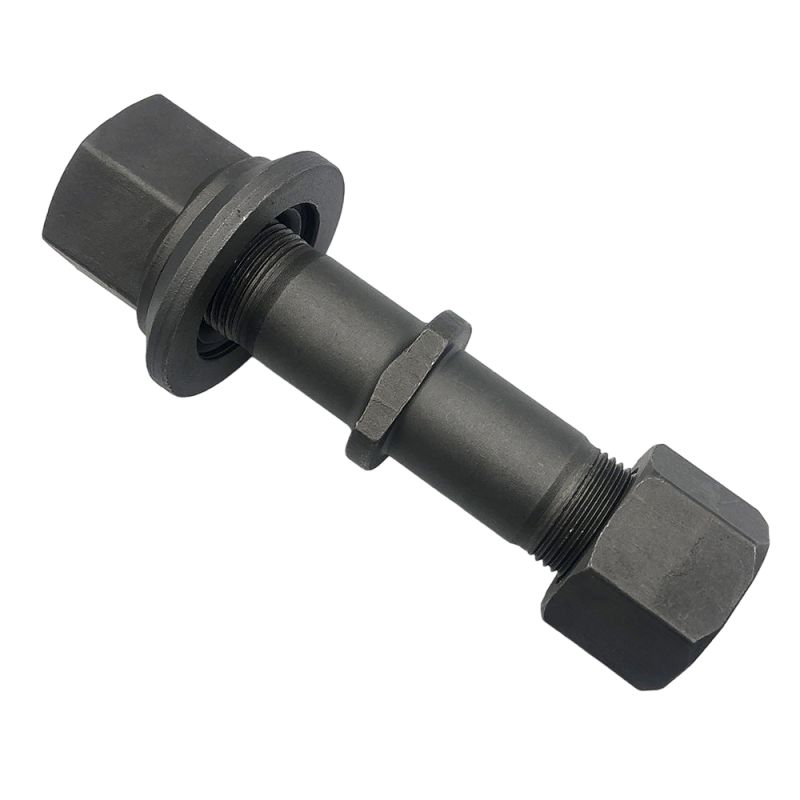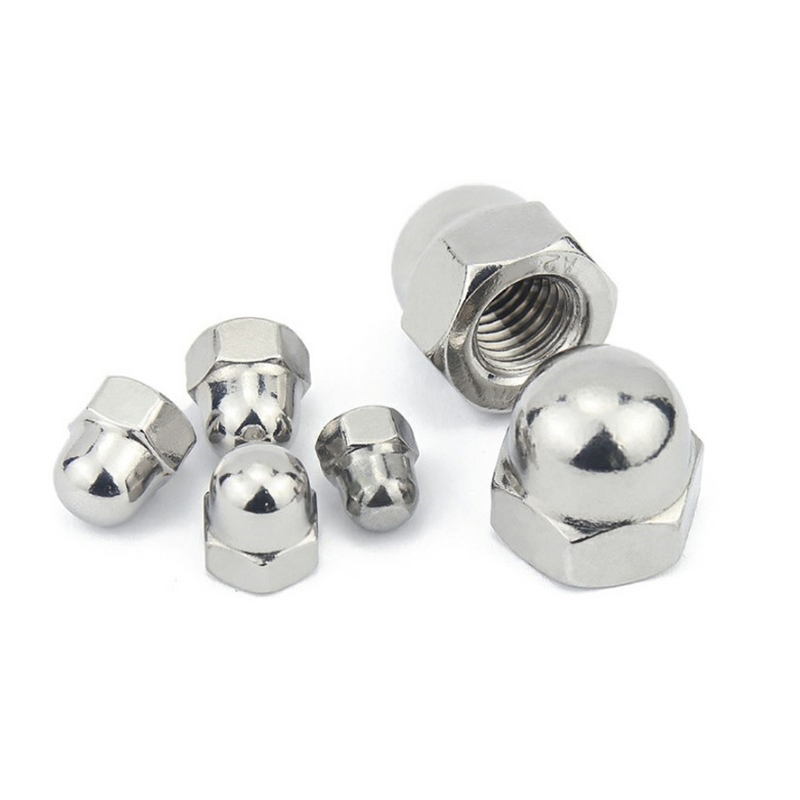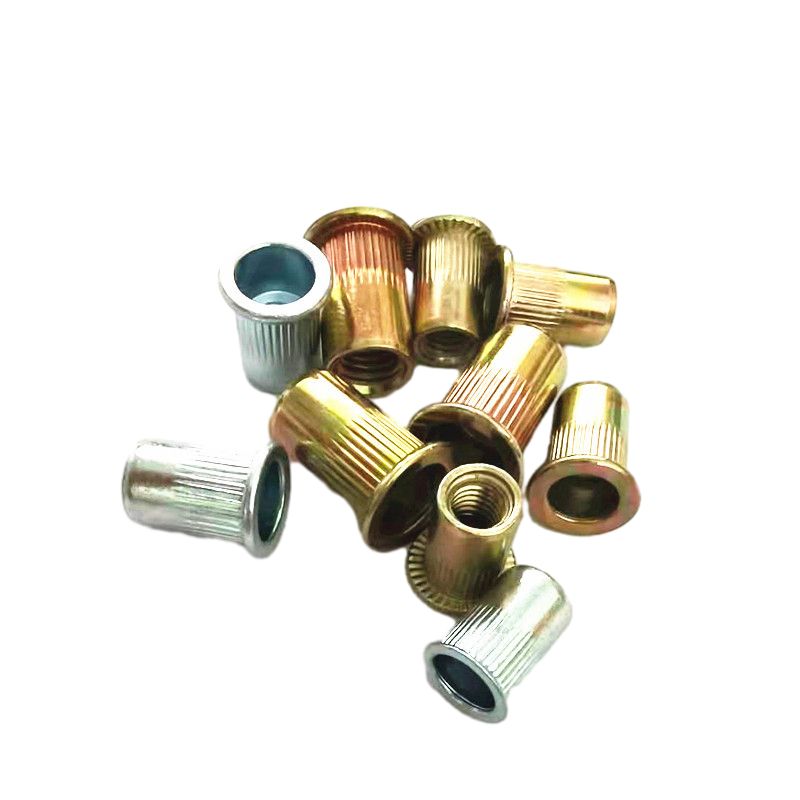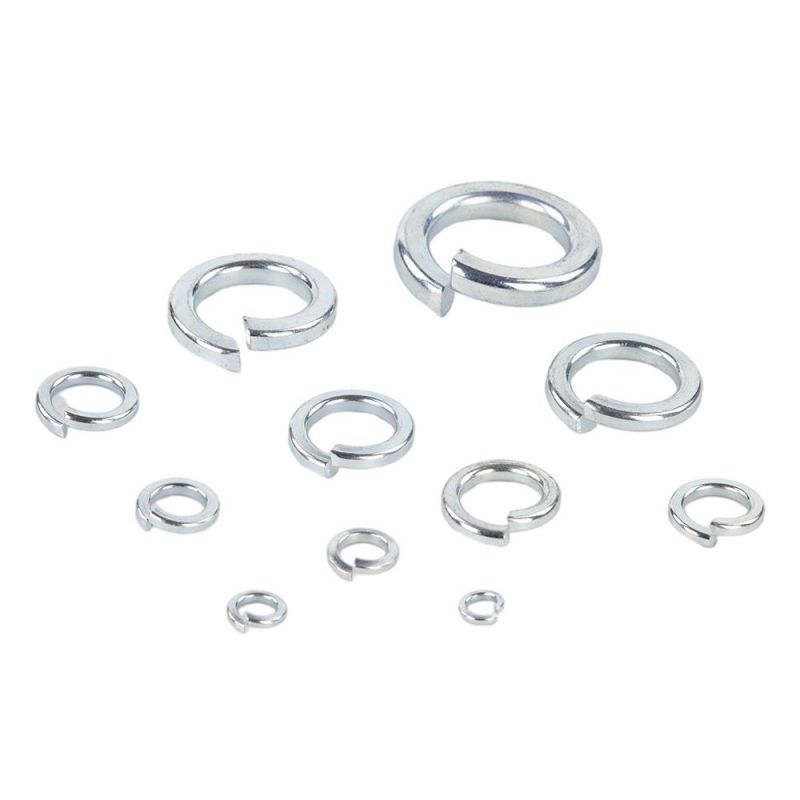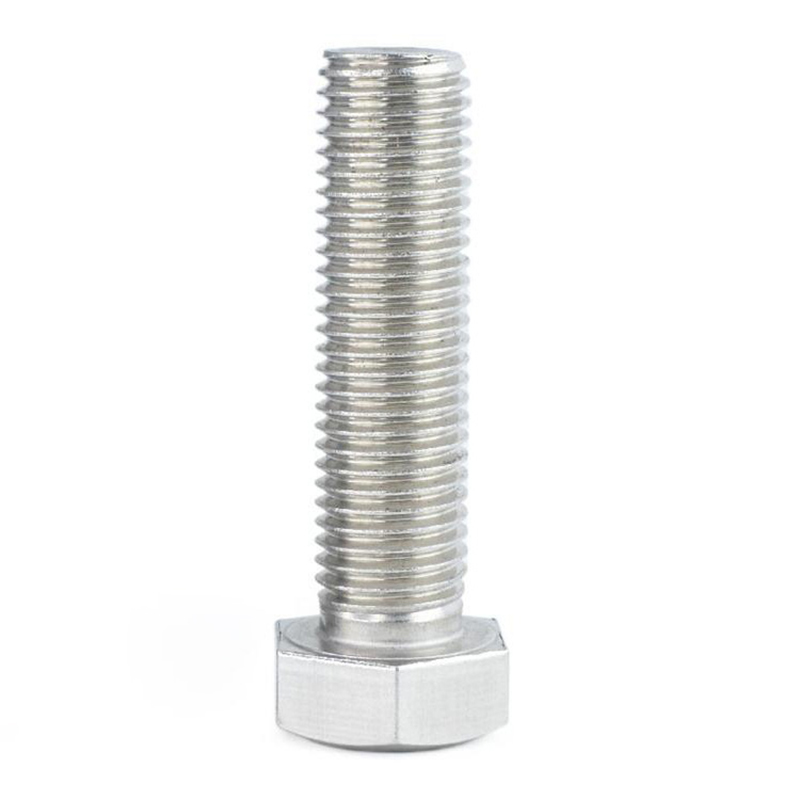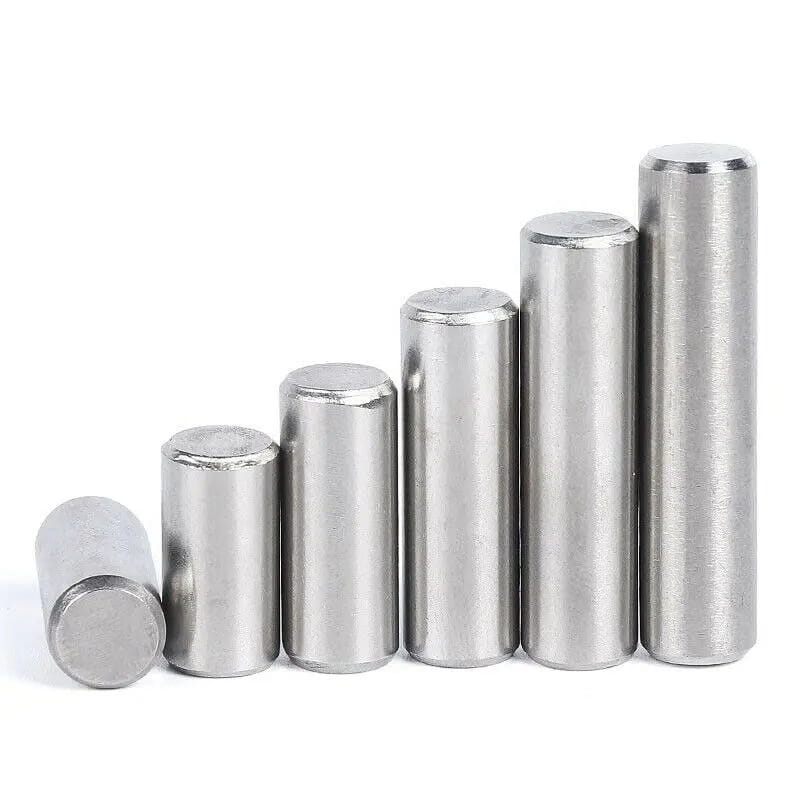In the machinery and automotive industries, flange bolts have become commonly used fasteners due to their unique flange design. Compared with ordinary bolts, flange bolts can effectively disperse loads and improve fastening performance. In specific projects, standard flange bolts may not fully meet special application requirements, and non-standard flange bolts become an important solution.
Ordinary flange bolts


Background and requirements of non-standard flange bolts

In a large-scale mechanical equipment project, standard flange bolts cannot fully meet the following requirements:
High strength requirements: The equipment operates in a high load and vibration environment, which places higher requirements on the tensile strength and fatigue resistance of the bolts.
Corrosion resistance: The equipment is exposed to a humid and high salt spray environment all year round, and the bolts need to have excellent corrosion resistance.
Dimensional specialization: Due to the special structure of the equipment, non-standard length, diameter and unique flange shape are required.
Custom design of non-standard flange bolts
1. Material selection
According to the project requirements, alloy steel (42CrMo) was selected, and the surface was specially treated.
High strength performance: After heat treatment, the tensile strength of 42CrMo can reach 1100 MPa, and the fatigue resistance is excellent.
Corrosion resistance: After galvanizing the surface, a protective layer is formed to extend the service life of the bolts in harsh environments.
2. Structural design optimization
The design focus of non-standard flange bolts is on the flange and screw parts:
Widened flange design: The diameter of the flange is larger than the standard size, which helps to evenly distribute the load and avoid failure caused by local stress concentration.
Conical tooth flange surface: Fine conical teeth are designed at the bottom of the flange to increase the friction between the bolt and the connection surface and effectively prevent loosening.
Special thread length: The thread length is adjusted according to actual needs to ensure that the bolts are suitable for the thick-walled flange connection parts of the equipment.

3. Surface treatment process
In order to meet the needs of highly corrosive environments, the following surface treatment processes are used:
Hot-dip galvanizing: A thick zinc coating is formed on the surface of the bolt, which significantly improves the anti-rust performance and is suitable for long-term outdoor use.
PTFE coating: The polytetrafluoroethylene coating is applied, which not only enhances the corrosion resistance, but also improves the lubricity of the thread, making it easier to install and remove.
Production process
1. Raw material pretreatment
Select high-quality alloy steel bars, cut and then perform preliminary forging to ensure the uniformity and dimensional accuracy of the blanks.
2. Forging
The flange and screw parts are formed at one time through hot forging process to ensure the overall strength of the bolts and the firmness of the flange and screw.
3. Thread processing
The thread is processed by rolling process to avoid stress concentration caused by cutting and improve the strength and durability of the thread.
4. Heat treatment
Quench and temper the bolts to meet the design strength and toughness requirements.
5. Surface treatment
Combined with galvanizing and PTFE coating technology, ensure the long-term protection performance of the bolts in extreme environments.
6. Quality inspection
Through dimensional measurement, tensile test, fatigue test and salt spray test, ensure that each bolt meets the design standards.
Application scenarios and actual effects
This non-standard flange bolt has been successfully applied in the following fields:
Engineering machinery and equipment: In high-load vibration environments, flange bolts can provide stable connections and significantly extend the operating life of equipment.
Offshore platform facilities: With excellent corrosion resistance, it is suitable for offshore equipment exposed to seawater and salt spray environments for a long time.
Heavy vehicle manufacturing: In large trucks and engineering vehicles, the high strength characteristics of non-standard flange bolts ensure the reliable operation of the chassis and transmission system.
In actual use, this non-standard flange bolt has shown the following advantages:
Stable connection: The improved flange design always remains tight in a high-vibration environment without frequent maintenance.
Excellent corrosion resistance: Long-term exposure to salt spray environment still maintains good appearance and performance.
Extended service life: Special materials and coating processes effectively reduce the frequency of bolt replacement and save maintenance costs.
The value and prospects of non-standard flange bolts
Non-standard flange bolts have demonstrated unparalleled advantages over standard parts in demanding industrial and engineering applications. Through customized design of materials, structures and processes, these fasteners can meet various special needs and become part of key components.
If your project requires flange bolts of special specifications or performance, non-standard customization will be the best choice to achieve reliable connection and long-term performance. Jiangxin Industry provides professional design and manufacturing services to help your project succeed!


